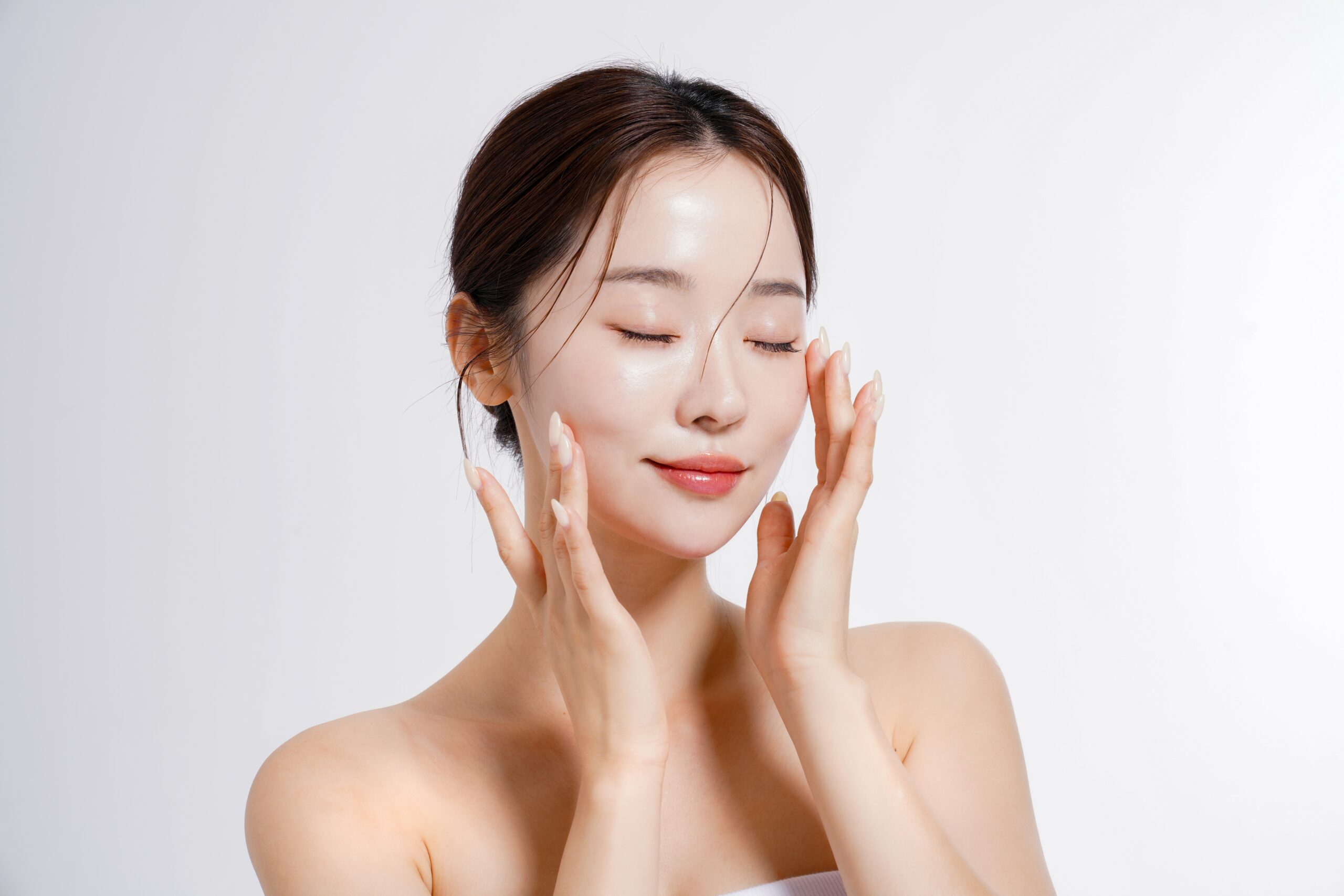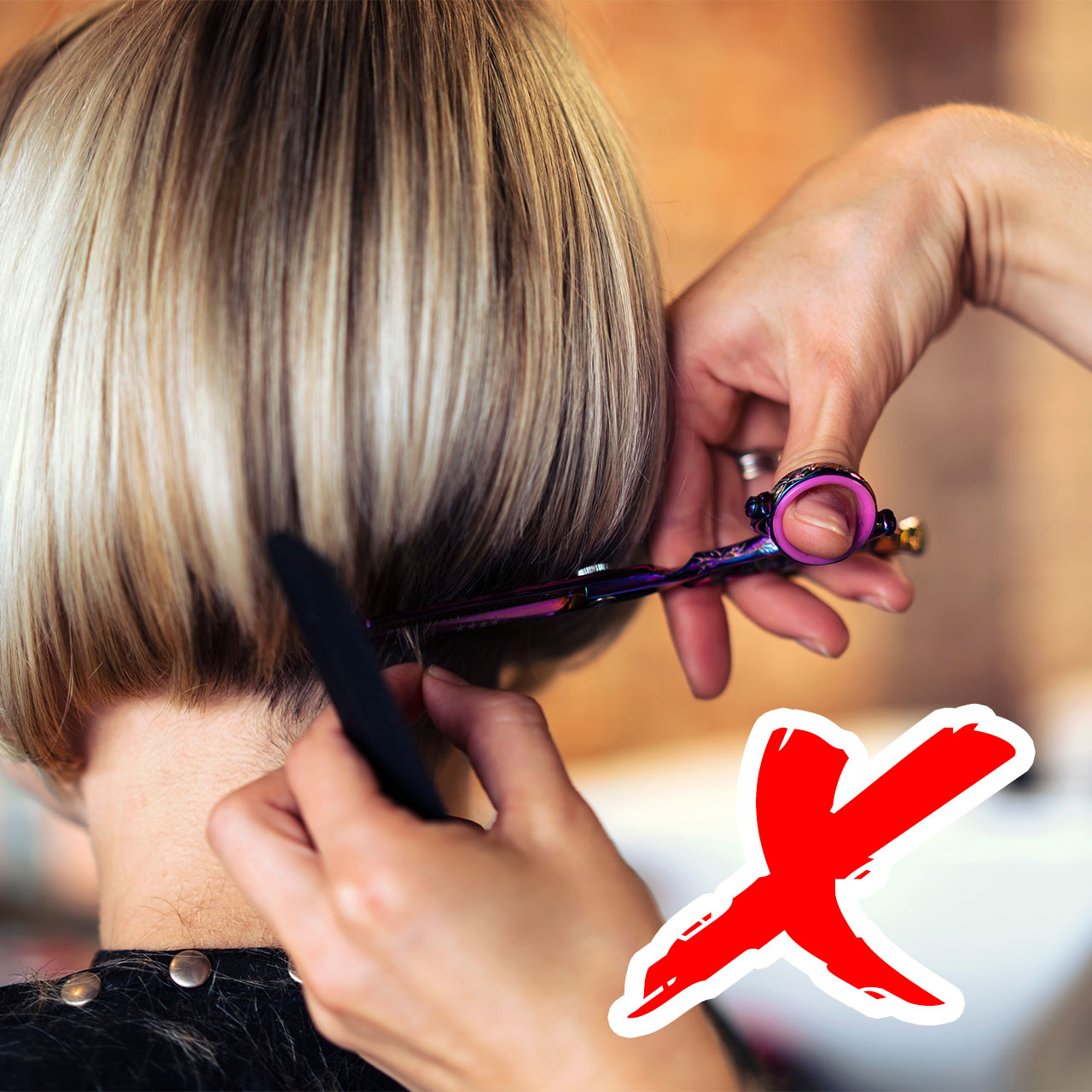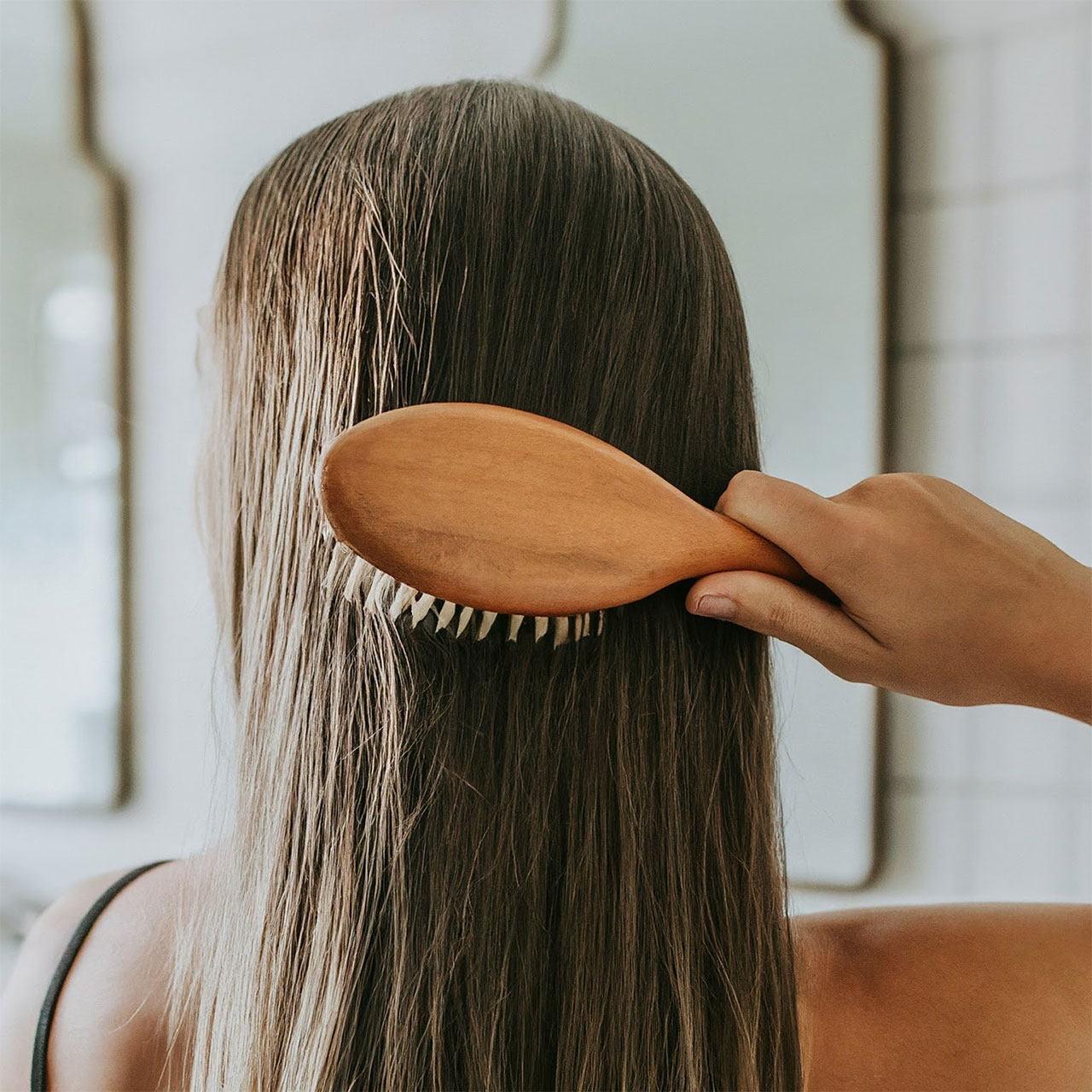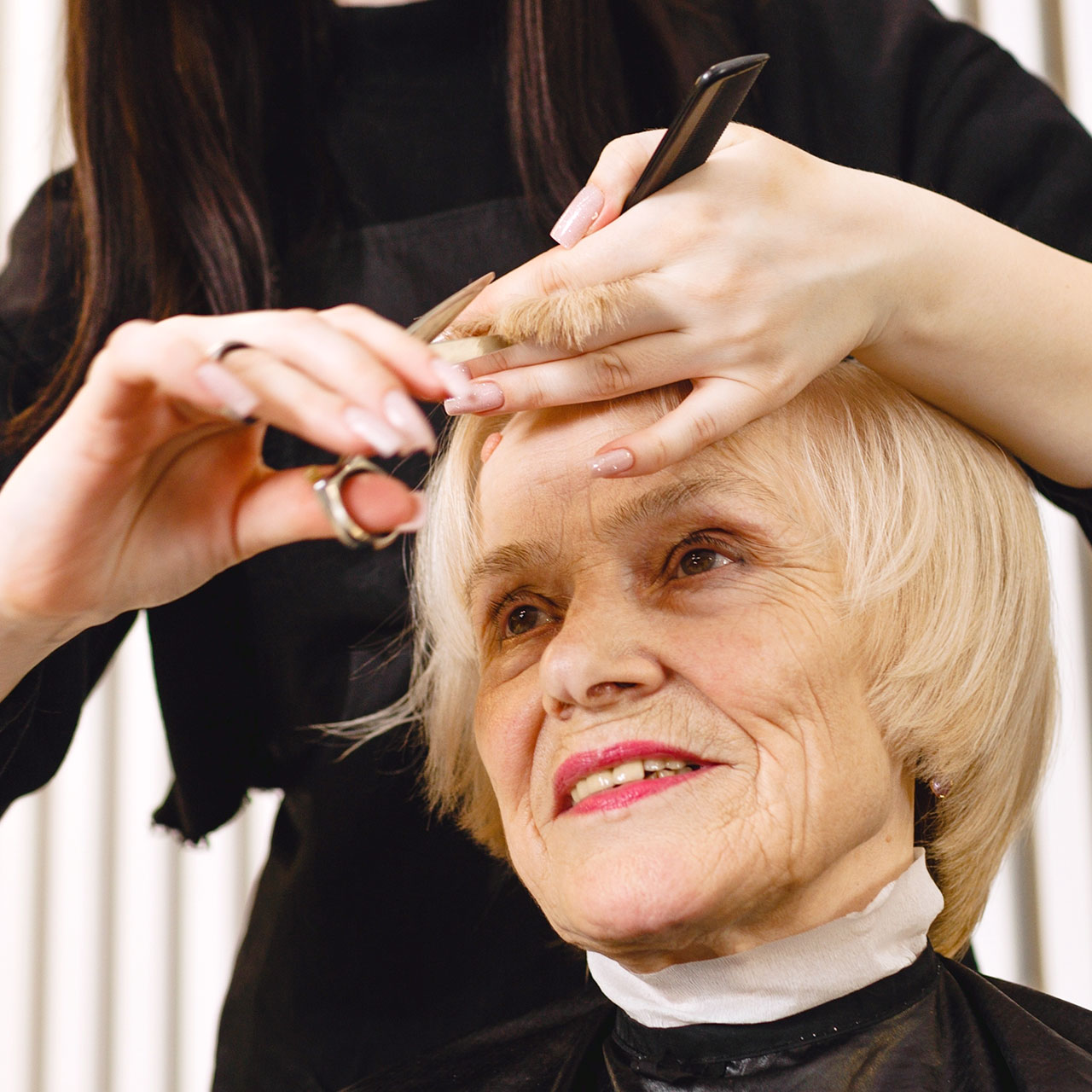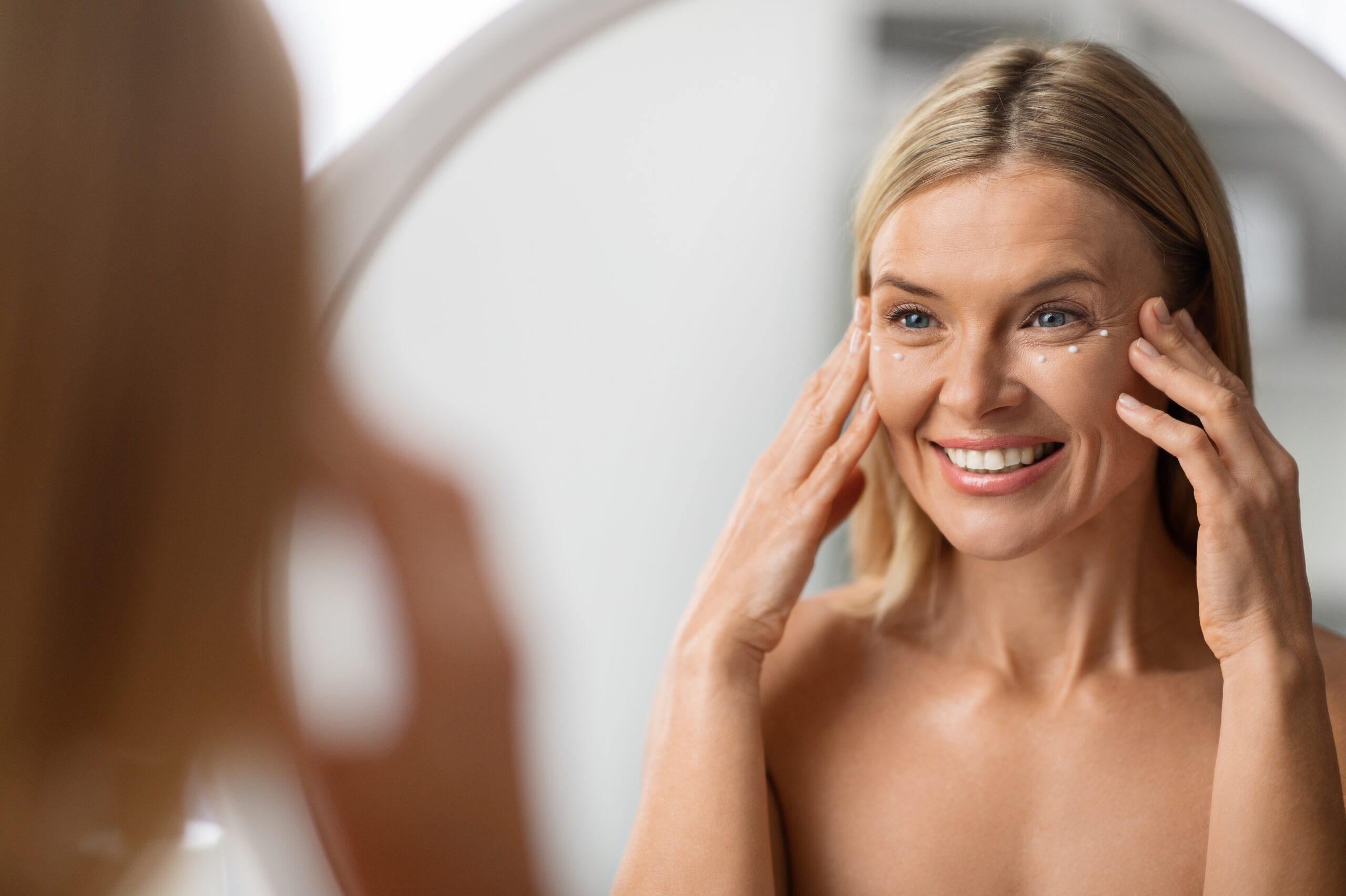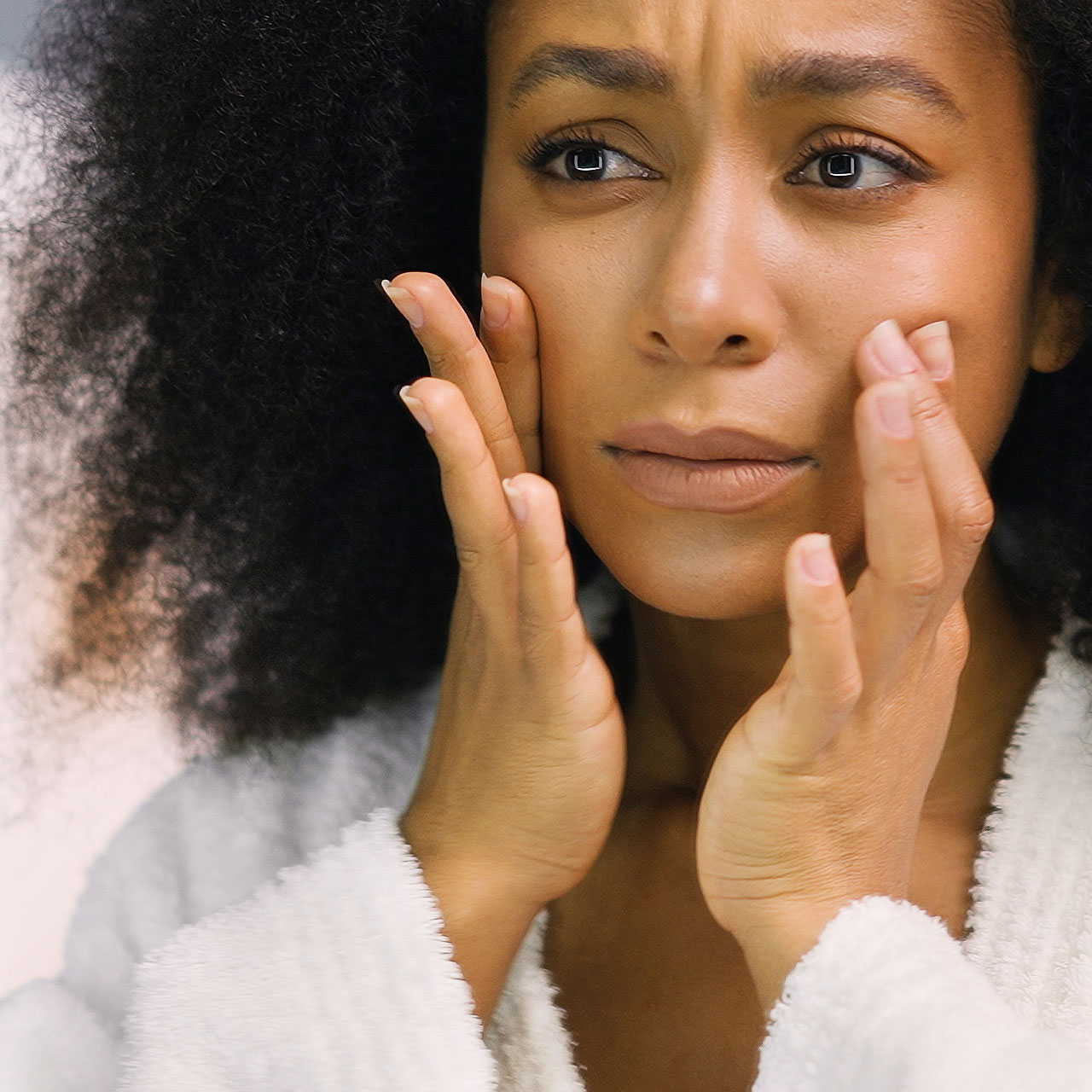Collagen is the key to maintaining firm, youthful skin, but its production naturally declines with age. Fortunately, certain active skincare ingredients can stimulate collagen, helping to restore skin’s elasticity, improve plumpness, and minimize the appearance of fine lines and wrinkles. Incorporating these powerful actives into your routine can be a game-changer for healthier, more radiant skin.
Dermatologist Amir Karam (KaramMD Skin) recently shared a video revealing the “big hardcore” five ingredients older women should be using for youthful skin. According to him, retinol, vitamin C, niacinamide, growth factors, and peptides are the ones to use. Read on to get all his insights.
View this post on Instagram
Karam first starts out by explaining why these five ingredients work so well.
“The big three are going to be retinol, vitamin C, and niacinamide; throw in some growth factor [and] throw in some peptides.”
He adds that these will “stimulate collagen and turn those fibroblasts on,” all while “improving things over time.”
As for skin plumping, he swears by hyaluronic acid. “Hyaluronic acid gets into the skin. It functions like a sponge. It brings in moisture into the skin, and it causes the skin to plump.”
He explains that by taking these steps to improve collagen while drawing water into the tissues, “you’re basically going to see fine lines and wrinkles improve.”


1. Retinol
Retinol will work by penetrating deep into the skin to promote cell turnover and accelerate the shedding of old, damaged skin cells. This process triggers fibroblasts, the cells responsible for producing collagen and elastin, to ramp up their activity.
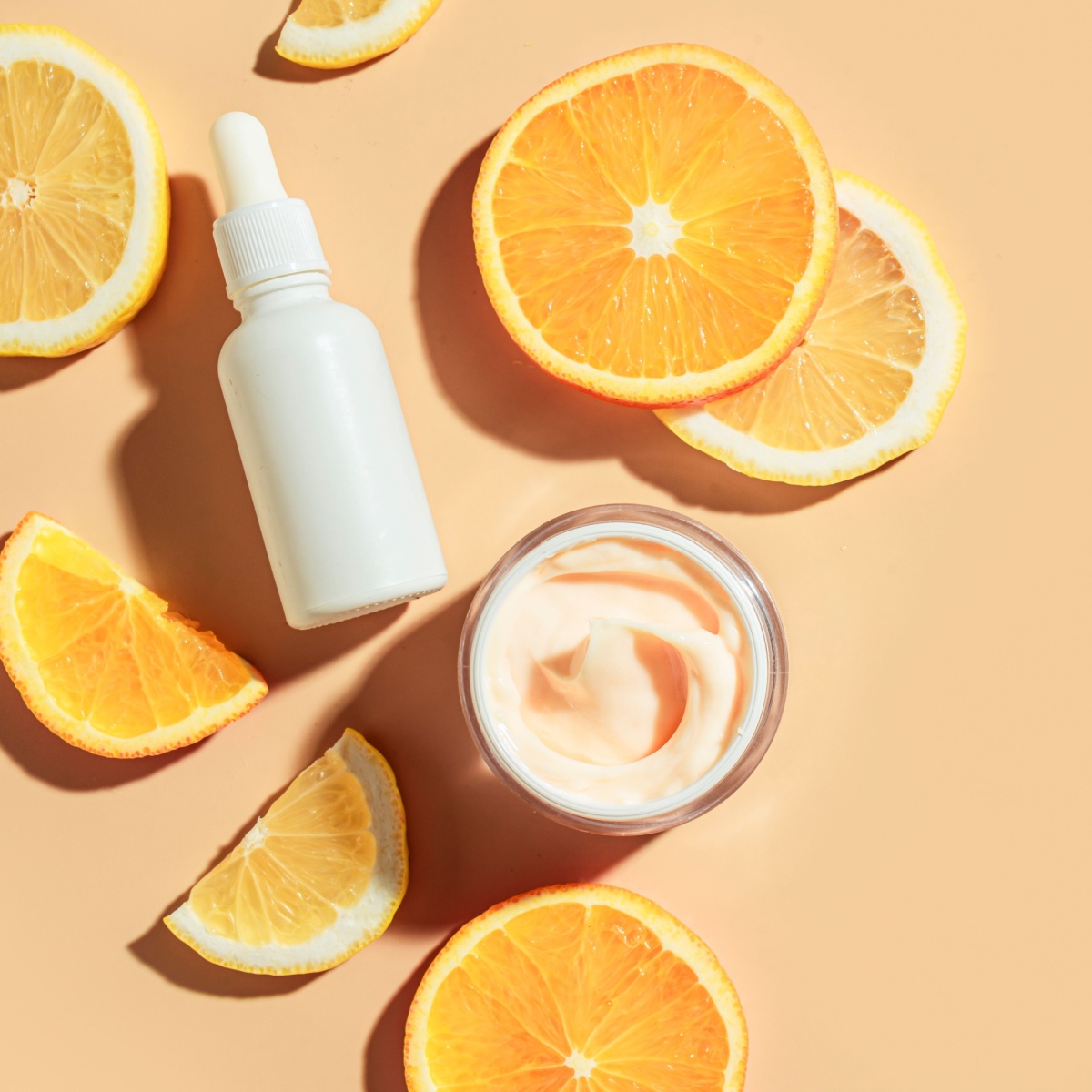
2. Vitamin C
Vitamin C is a powerful antioxidant that not only helps stimulate collagen production but also protects existing collagen from damage caused by free radicals and environmental stress like UV rays and pollution.
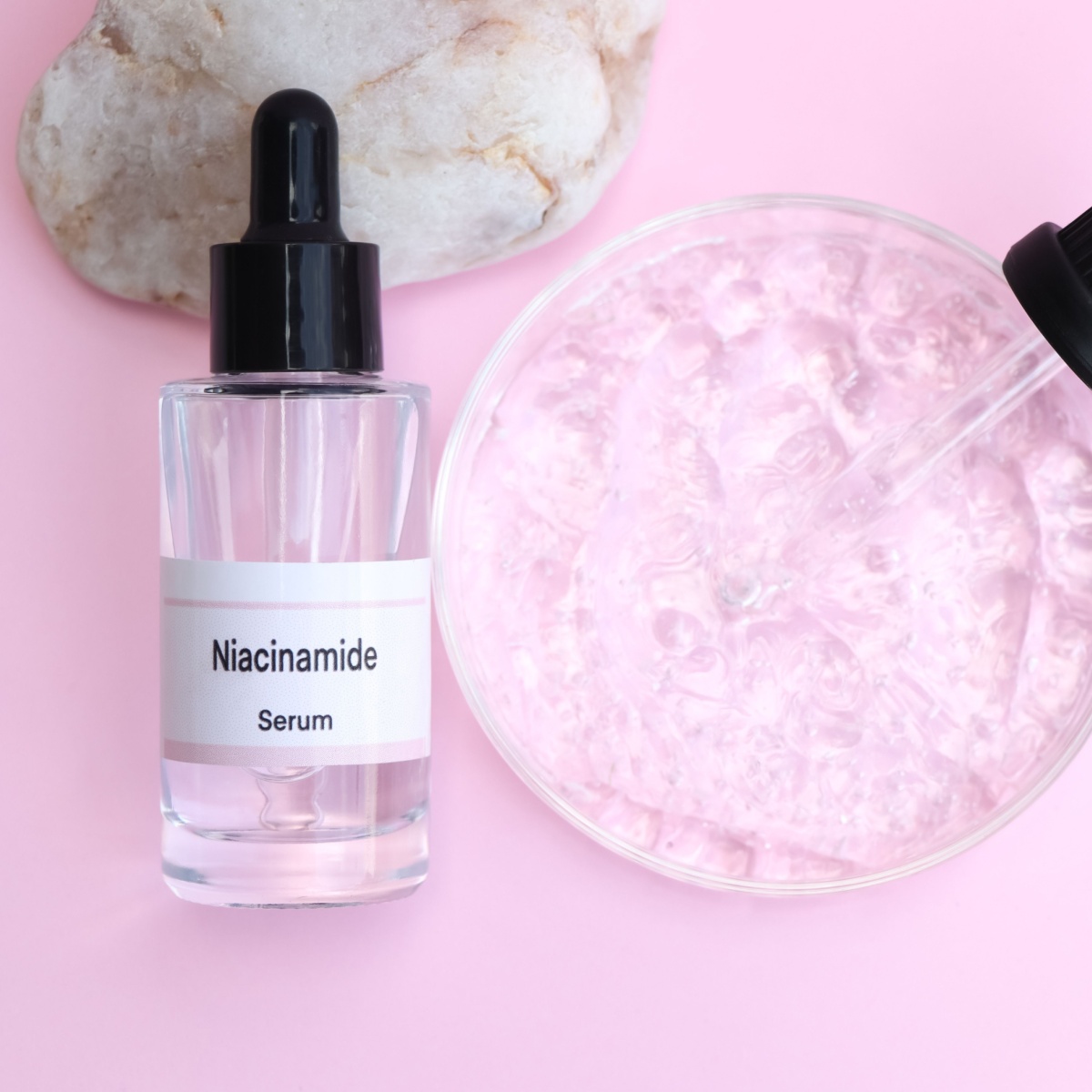
3. Niacinamide
Niacinamide, also known as vitamin B3, improves collagen production by improving the skin’s barrier function and priming the activity of fibroblasts, the cells responsible for producing collagen. It also enhances the skin’s elasticity and texture by increasing the production of ceramides, which are essential for maintaining the skin’s moisture balance.

4. Growth Factors
Growth factors are proteins that play a key role in stimulating collagen production by promoting cell growth, repair, and regeneration. These molecules interact with specific receptors on the skin cells, which are responsible for producing collagen and elastin.
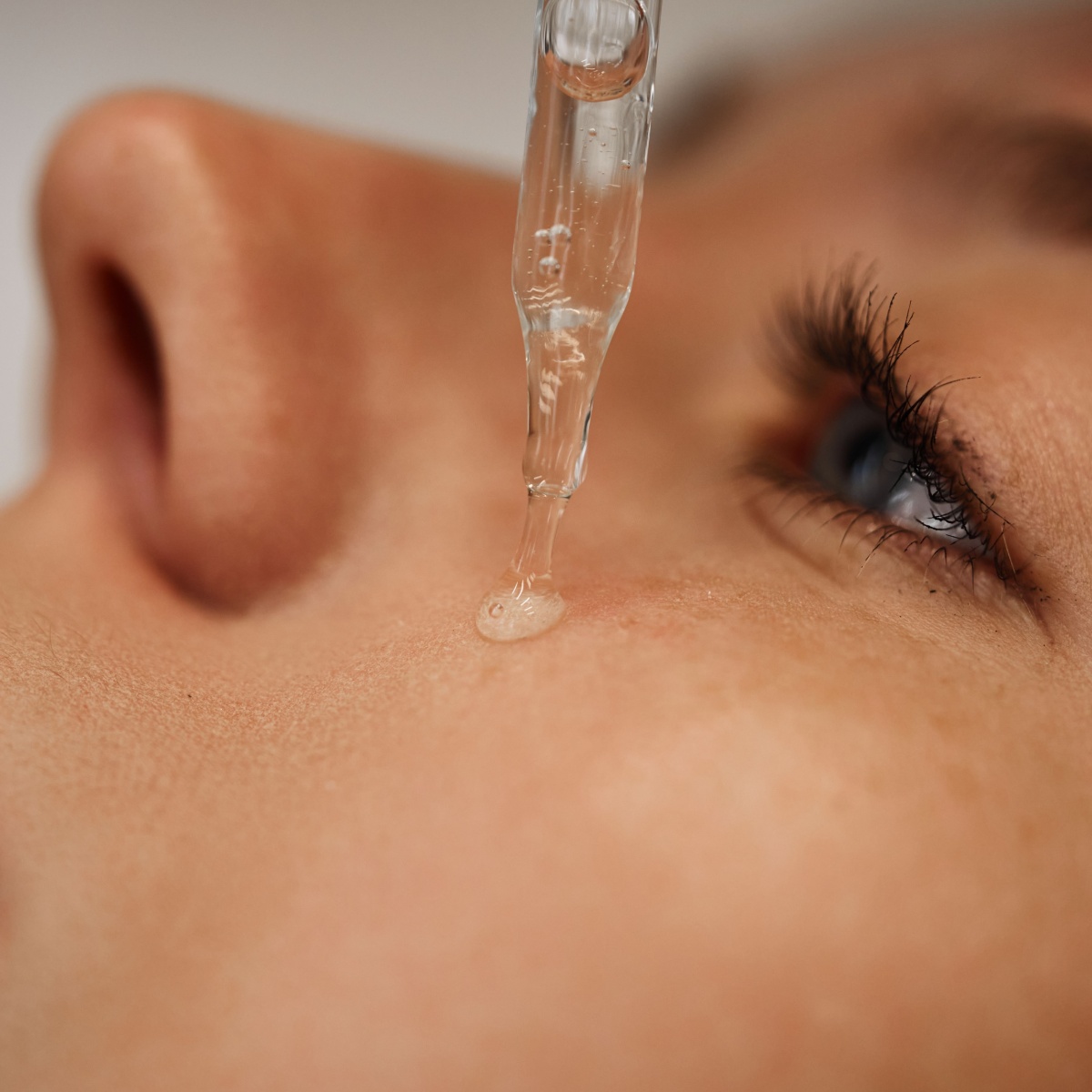
5. Peptides
When applied topically, peptides penetrate the skin and trigger fibroblasts (the cells responsible for collagen production) to produce more collagen fibers.


